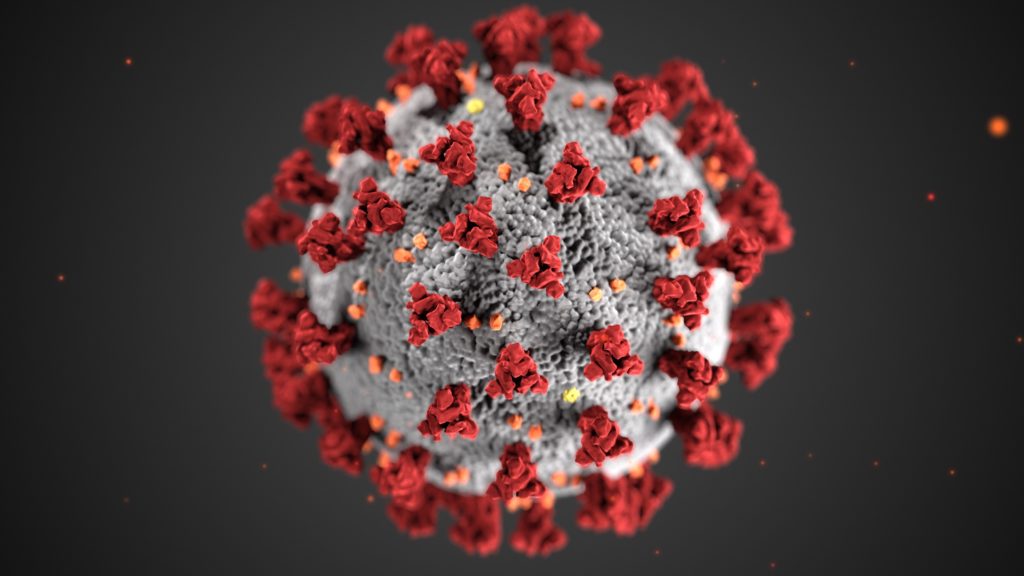The new COVID-19 variant is driving the second wave of infections in South Africa. Although there is no data that proves it is more severe than the first version, it has a higher viral load which means it is more transmissible.
After infection with the original variant, the body develops neutralising antibodies that remain in the blood for at least 5-6 months and fights off further infection.
However, the National Institute for Communicable Diseases (NICD) explains that having had COVID-19 in the last few months may not offer protection against the new variant.
The new variant is different from the others that were circulating in South Africa because it has multiple mutations (changes) in the spike protein – this is the very important part of the virus that binds to the receptor on the cells inside our body and that is also the main target for many of the antibodies produced during infection or after vaccination
The NICD explains that these antibodies your body develops after initial infection bind to specific parts of the spike protein that have mutated in the new variant (K417N and E484K). These mutations have allowed the virus to become resistant to antibody neutralisation.
“The blood samples from half the people we tested showed that all neutralising activity was lost. This suggests that they may no longer be protected from re-infection. In the other half, the levels of antibodies were reduced and so the risk of re-infection is not known,” warns the NICD.
“It is therefore important that people who have previously had COVID-19 continue to adhere to public health measures. Protecting ourselves through masks, regular washing or sanitising of hands, cleaning of surfaces, and social distancing remain the best defense against all SARS-CoV-2 viruses, including the new lineage.”
Picture: Pexels

